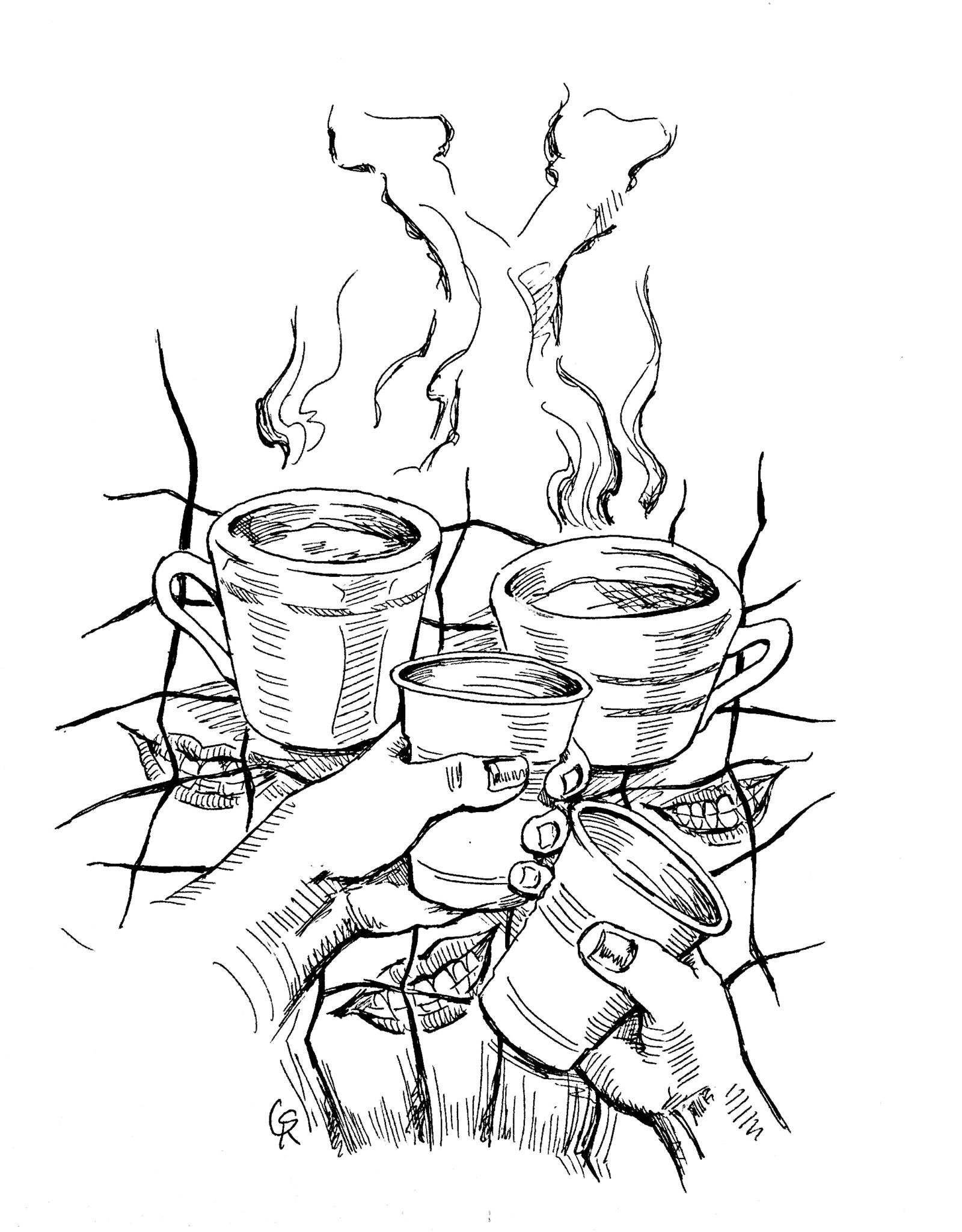
A few weeks ago, I had a conversation with a close friend about what friendship truly means at Yale. Does it matter more, we asked, whether a person is objectively “good” — they hold well-informed political opinions and engage in eloquent intellectual discussion — or that they have been there for you, perhaps imperfectly? Over the past few weeks, I’ve thought extensively about this and how friendship manifests itself at Yale.
At Yale, we promote a culture of friendship that feels almost transactional at times. We schedule meals with people in our GCals as if we’re allotting particular slices of time to these individuals. This seems strange because friendship cannot fit neatly into boxes of time and likely spills over the 30 minutes we have to eat lunch in Davenport before section. Still, there is something hopeful in the culture of grabbing meals, as it means that we, at least, set aside time to see the people that matter to us.
In the past weeks, though, I’ve started to feel increasingly skeptical and pessimistic about friendships here. I began to chip away at some of my friendships and other friendships I’ve observed, and I wondered to what extent they were colored by the desire for social networking or the utility that one person provided to and received from another.
We need people to get through the day. We need people with whom to eat meals, to do p-sets, to go to GHeav at ungodly hours of the night, to cry and laugh and sigh. But this need makes me afraid that, perhaps, we value our friendships for their utility and convenience. Sometimes, the eerie and pessimistic thought crosses my mind: Is there a point at which the person with whom we share these experiences matters less than that we aren’t visibly alone?
The other day, I was having dinner with my suitemates and we discussed routine things — the homework we had yet to do, how tired we already were, the meetings we had that week. As I looked at their faces, I realized something profoundly troubling: There was still so much I didn’t know about them as people, divorced from their academic and social lives.
Sometimes, when I’m eating with my friends, it feels vaguely like I’m conversing with the LinkedIn-profile versions of who they are. This is our culture of conversation at Yale, when we don’t have enough time between classes and extracurriculars to truly talk to someone, to ask how they are, really, and to ask questions that transcend their classes or activities or various commitments.
I guess we fear what would happen should we break free from the superficial friendships and interactions that bind us. We would lose time, we think, and this is probably true. It is impractical to spend all our time having deep discussions with our friends so as to thoroughly understand them, but I think we can make a greater effort to spend a few more minutes at the dinner table just talking, even if it means we sleep a little less or arrive slightly later to a meeting.
Recently, thinking over these questions, I began to ponder the friendships I’ve made here so far. I thought about some surface-level conversations with people I consider to be close friends, and I wondered, fearfully, how many people really knew me. I thought of how people, even my close friends, know me as a girl from Portland who writes a lot, and then I envisioned myself in my most vulnerable, dark moments, when I wake up in the morning but don’t really want to wake up at all, when I can’t write a grammatically correct or coherent sentence, when my mind is blank and I have nothing interesting or important to say. I thought of this self and all the people who give me Facebook likes or who ask me how I’m doing but don’t wait for the answer as we rush to our classes in the morning, and I felt overwhelmed and terrified, wondering who truly knew me beyond the persona I put forth and who would really be there for me when that persona inevitably shatters.
I don’t want my friendships to exist mostly for the purpose of utility. I want to know the people that I interact with on a daily basis, and I want to know them for who they are, not who they are in relation to me. This takes empathy, and empathy is often grueling; it is rarely easy or instinctive.
I return to the conversation I mentioned at the beginning of this column with a more certain answer: I think I prefer the latter in a friend. Friendships I value at Yale are not perfect or eloquent but wholly imperfect. They are imperfect but honest, and sometimes honesty breeds conflict but it also allows for empathy, for in each other’s vulnerabilities we can see ourselves. Most importantly, I’ve found that while friendships at Yale can feel superficial and transactional, there are people here who want to know you beyond the utility you might provide, who will waste hours explaining Aristotle’s function argument or the plotline of “Gossip Girl” to you and who will laugh and cry and sigh with you, as if they have become your family for four short, strange years.
Meghana Mysore | meghana.mysore@yale.edu







